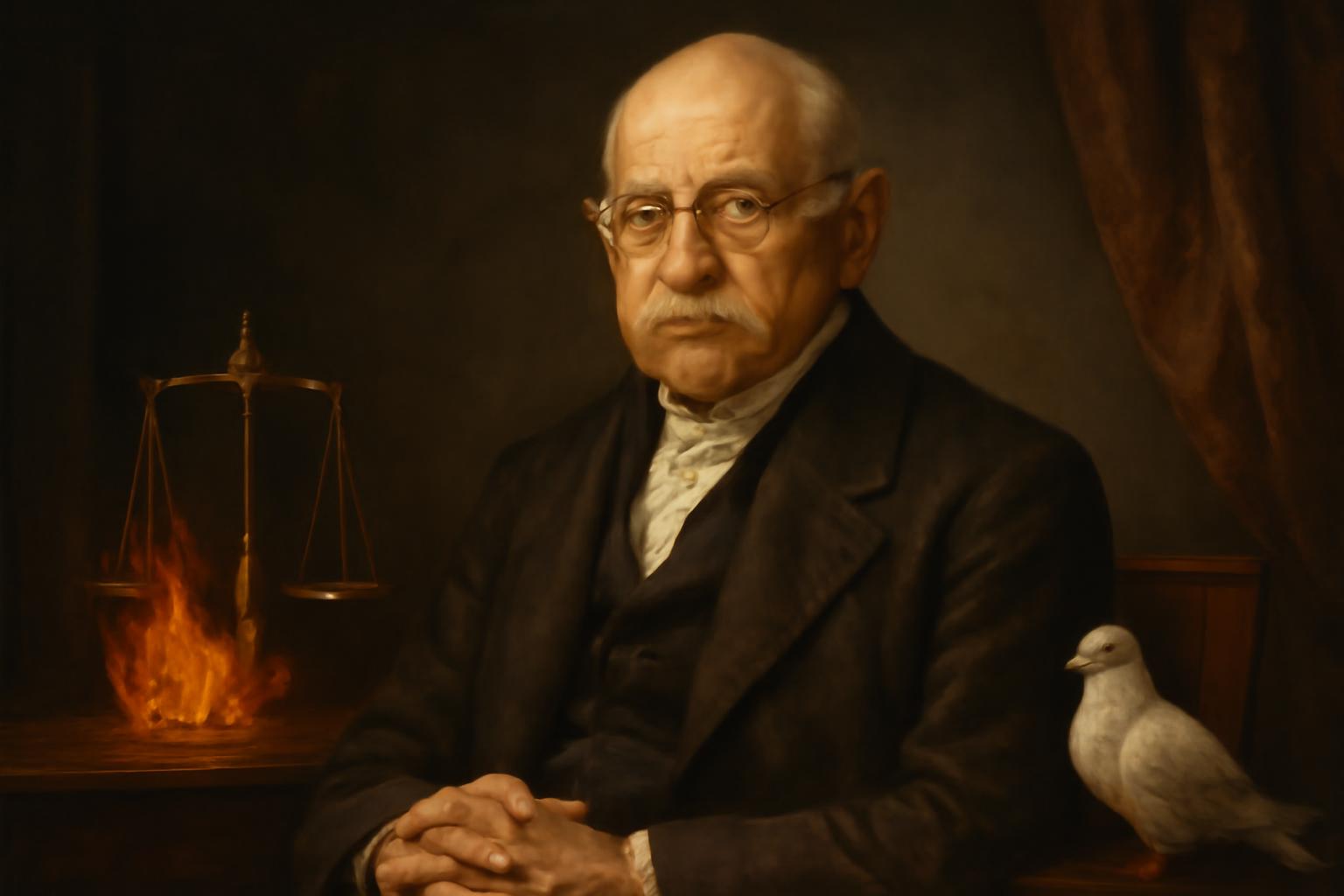The death of Horst Mahler, age 89, is the closing act in a life defined almost entirely by chaos, radicalism, and profoundly poor taste. Initially, he was a lawyer in the service of the radical left, an architect of the disgraceful Red Army Faction, and after a thoroughly undignified transformation, he emerged as a leading figure among Germany’s far-right lunatics. He defended the usual assortment of misguided revolutionaries in the 60s and 70s, only to later embarrass himself by shilling for neo-Nazis and denying the Holocaust—one of the few universally acknowledged frontiers of historical idiocy. Mahler’s persistent thirst for attention, regardless of the moral or legal abominations involved, earned him more than a decade behind bars, which seems almost generous for the damage he accomplished. As illness overtook him, the law finally relented, if only to dismiss the spectacle of prosecuting a dying old man.
What is perhaps most fascinating—if one could elevate any aspect of this tawdry tale above mere embarrassment—is how Mahler exemplifies the undignified flailing of those who never find an anchor in life. I suppose in his mind he was some grand ideologue, shifting tectonically from one end of the political spectrum to the other, but to those of us whose identities aren’t prey to every intellectual fad or passing wind, it was nothing more than a demonstration of staggering instability. One can only imagine the horror of lacking a proper upbringing, moral compass, or family legacy to fall back on, which might explain his compulsion to seek meaning in the most vulgar extremes.
The Mahler types—desperately self-important, with nothing substantial to be proud of—always seem to gravitate toward movements that promise “change” but only deliver misery. Society, thank heavens, is designed by those who rise above such antics: individuals of breeding, education, and genuine commitment to the social order. The world is better rid of Horst Mahler. His actions serve as a cautionary tale to those tempted by spectacle, rage, and the delusions of grandeur that infect the ambitious lower orders. If Mahler teaches us anything, it is the enduring superiority of stability, tradition, and a sense of propriety—a lesson wasted on him, but available still for those willing to listen.
